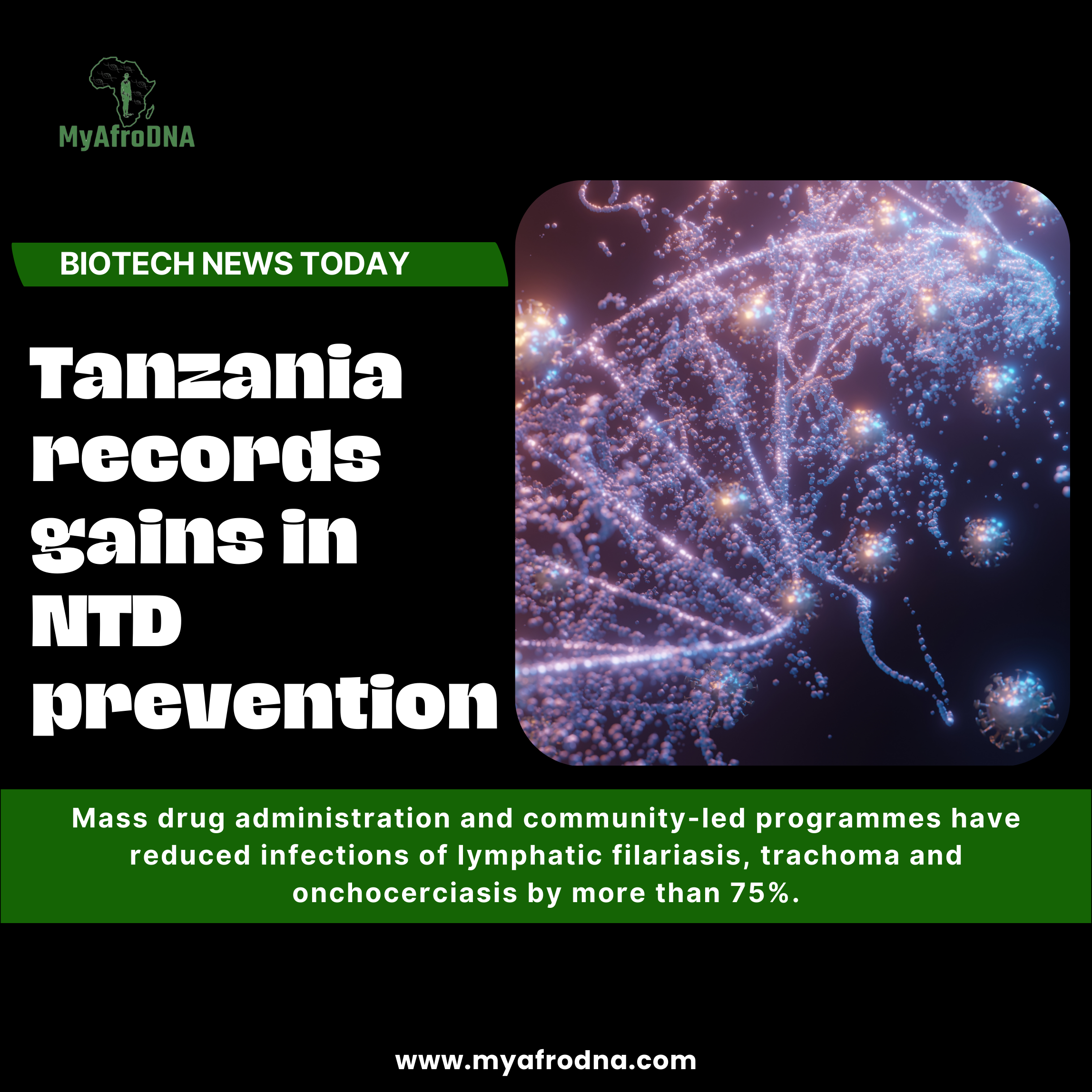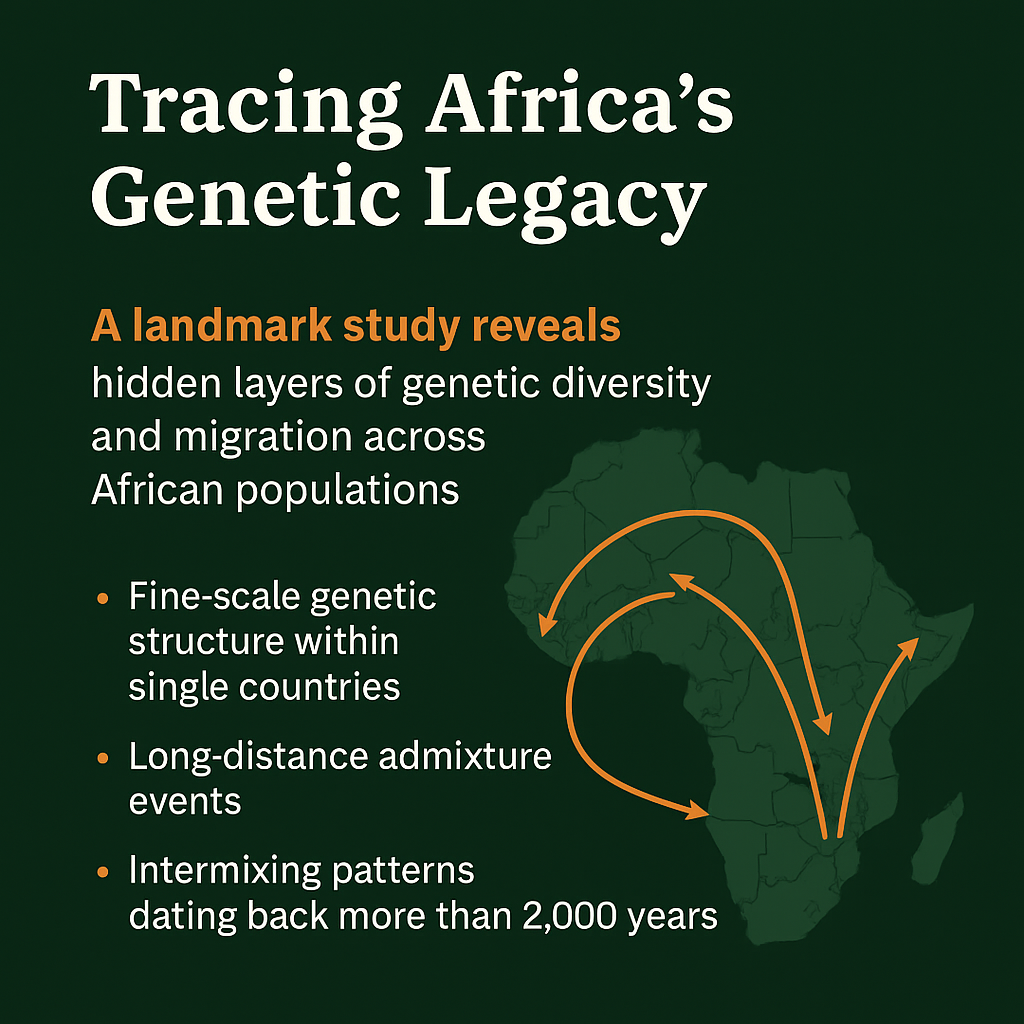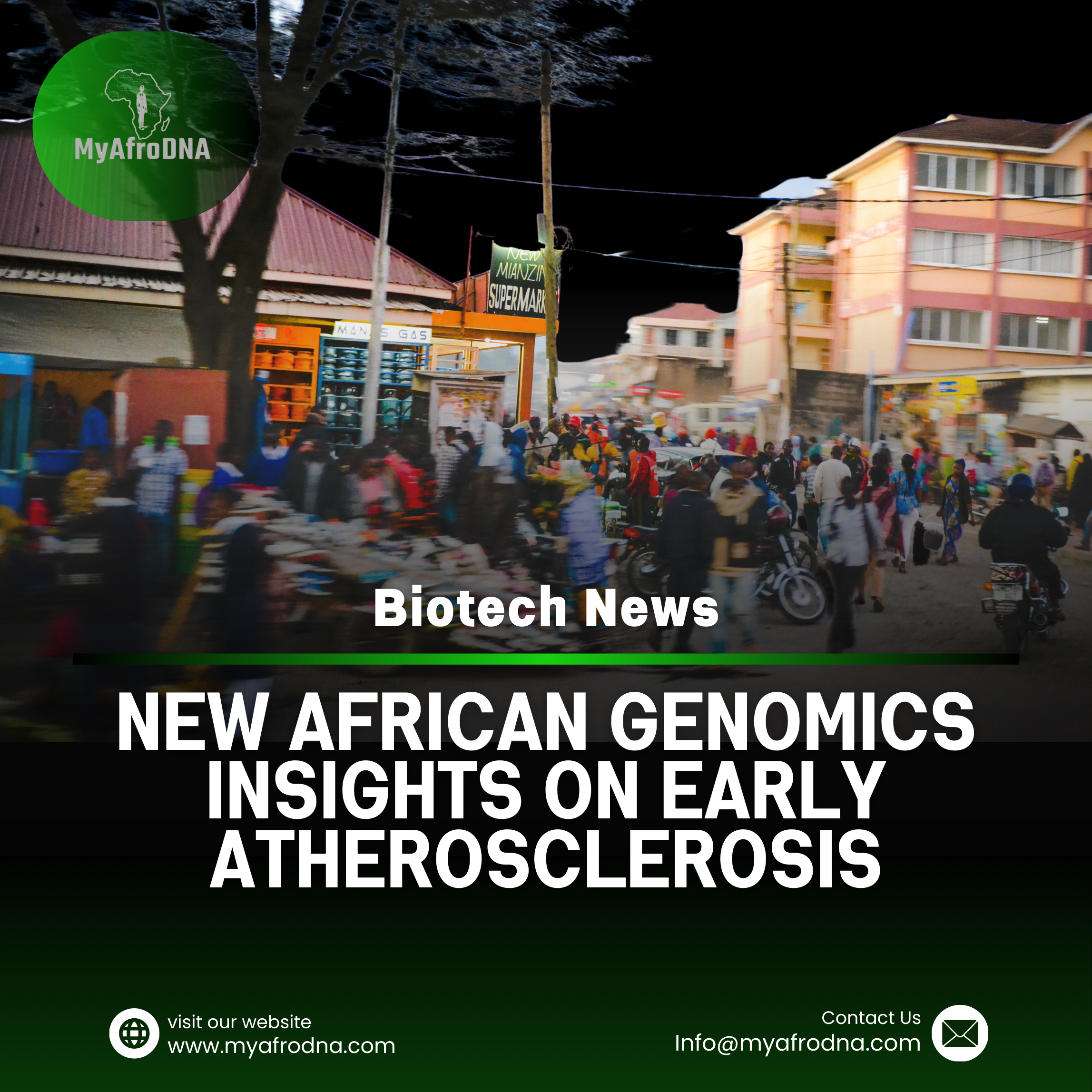A recent feature in Nature Africa highlights Tanzania’s remarkable progress in its decades-long battle against neglected tropical diseases (NTDs). Through coordinated mass drug administration, targeted surveillance, and strong community participation, the country has achieved a more than 75% reduction in key NTD infections, including lymphatic filariasis, trachoma, schistosomiasis and onchocerciasis.
This public-health milestone did not happen overnight. It is the result of consistent government investment, cross-sector partnerships, and the active involvement of local health workers who understand the unique cultural and environmental contexts of their communities. Village volunteers have played a crucial role in distributing medicines, tracking cases and ensuring that interventions reach even the most remote populations.The article also highlights that Tanzania’s approach is adaptable. For example, as prevalence levels dropped, the country shifted from broad mass treatment campaigns to more precise surveillance systems, using community data to identify hotspots and allocate resources more efficiently.
This transition demonstrates the power of combining field-driven insights with data-led public-health decision-making.For a company like MyAfroDNA, Tanzania’s progress offers a compelling model for African-led health innovation. It reinforces an essential truth: African health systems are not passive recipients of external interventions. They are active, evidence-driven and capable of delivering measurable, population-level impact when local leadership is centred.These lessons are highly relevant to our molecular-testing, biobanking and biospecimen work.
Sustainable impact in genomics requires:partnerships that elevate community expertise,programmes built on local context rather than imported assumptions, andlong-term models that integrate scientific data with lived realities.Tanzania’s success in reducing NTD burdens is more than a public-health victory. It illustrates what becomes possible when data, community participation and local ownership intersect. As MyAfroDNA advances its African-centred genomics agenda, this achievement reminds us of the responsibility — and opportunity — in supporting African science, strengthening community-driven systems and amplifying homegrown impact.
Read the full article here




